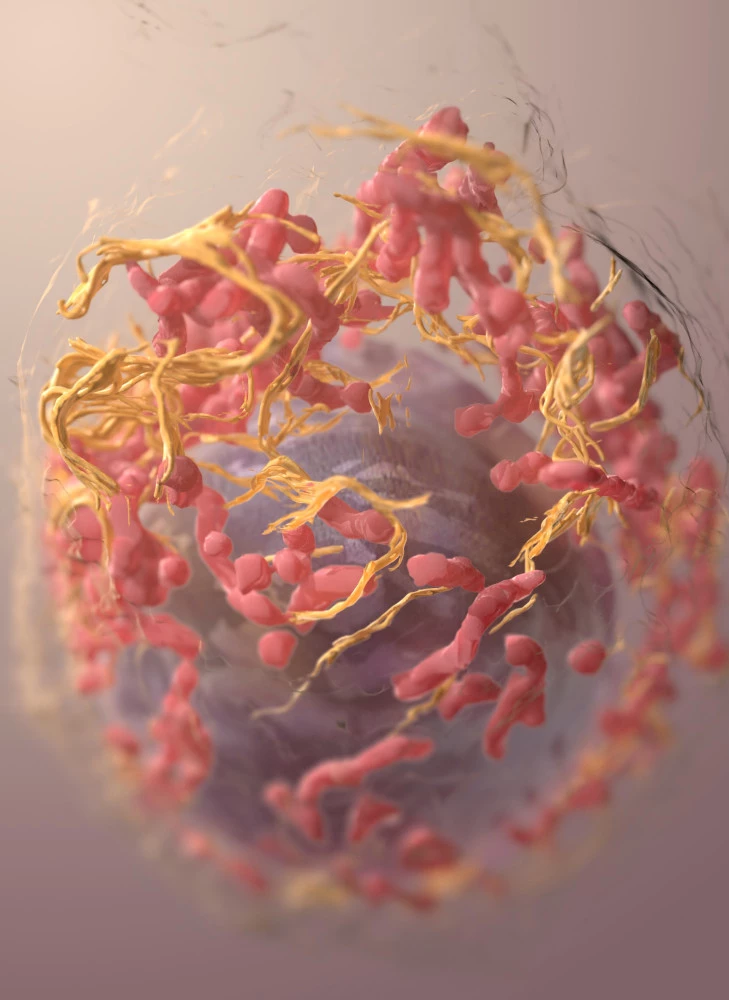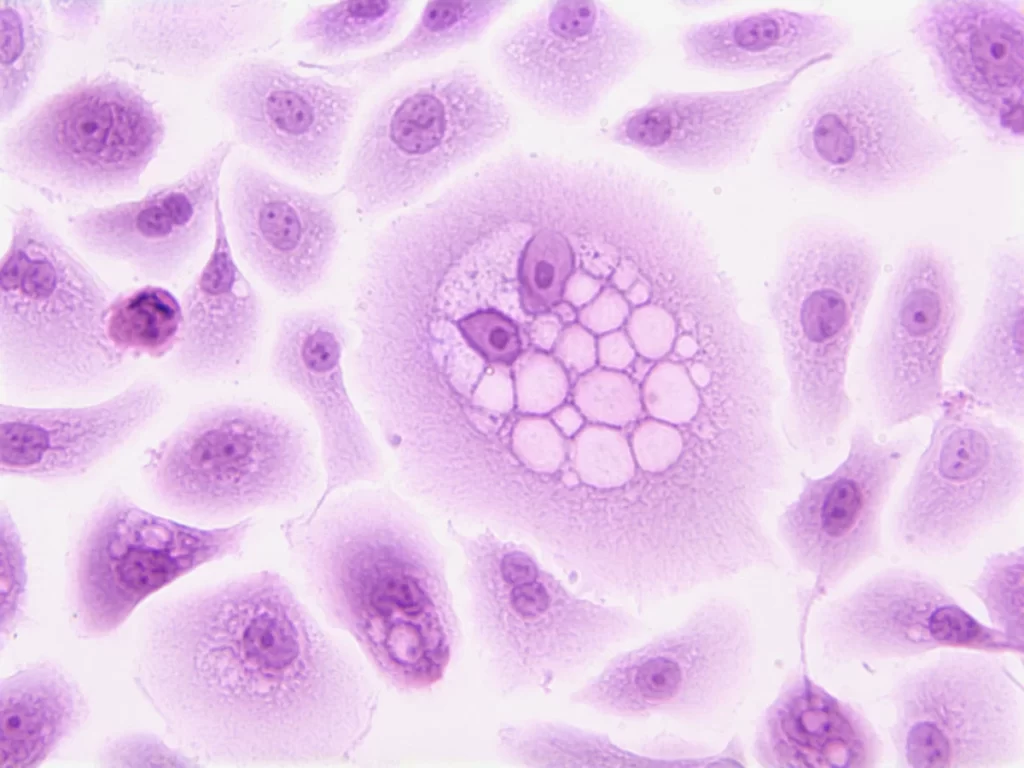How common is soft tissue sarcoma?

If you or someone you know has been recently diagnosed with soft tissue sarcoma, you may feel overwhelmed and scared. Don’t worry; you’re not alone. This blog will explain everything you need to know about soft tissue sarcomas. We’ll talk about the different types of sarcoma, the symptoms, how they are treated, and more.
Soft tissue sarcoma is a rare type of cancer that begins in the soft tissues that support, connect and surround other body structures, which include muscle, fat, blood vessels, nerves, tendons and the lining of your joints. There are two main types of sarcoma: mesenchymal sarcoma and non-mesenchymal sarcoma. Mesenchymal sarcomas make up the majority of soft tissue sarcomas.
There are more than fifty subtypes of soft tissue sarcomas that exist. Soft tissue sarcoma can occur anywhere in the body, but the most common types occur in the arms, legs, and abdomen.
Symptoms
Symptoms of soft tissue sarcoma can vary depending on the size and location of the tumor. However, common symptoms include a noticeable lump or swelling, pain if a tumor presses on nerves or muscles, fatigue, and weight loss. If you are experiencing any of these symptoms, you must see a doctor immediately for a proper diagnosis.
Types
There are over fifty different types of soft tissue sarcoma, all of which arise from the body’s soft tissues, including the muscle, fat, blood vessels, and connective tissues. While most types are rare, a few, such as leiomyosarcoma and liposarcoma, are relatively more common. Soft tissue sarcomas are often found in people over 60, but they can affect any age group.
Other types include
- Angiosarcoma
- Dermatofibrosarcoma protuberans
- Epithelioid sarcoma
- A gastrointestinal stromal tumor (GIST)
- Kaposi’s sarcoma
- Leiomyosarcoma
- Liposarcoma
- Malignant peripheral nerve sheath tumors
- Myxofibrosarcoma
- Rhabdomyosarcoma
- Solitary fibrous tumor
- Synovial sarcoma
- Undifferentiated pleomorphic sarcoma
When should you see a doctor?
- A mass or lump that is increasing in size
- Unexplained pain or swelling in the affected area
- Weakness or numbness in the affected area
- Trouble moving the affected limb or body part
- Changes in the appearance of the skin, such as a new lump or discolouration
If you are diagnosed with any of these symptoms, it is essential to see a doctor as soon as possible. Early diagnosis and treatment are essential for the best possible outcome.
Treatment
There are several treatment options available for soft tissue sarcoma. The most common is surgery, which can be used to remove the tumor and some healthy tissue surrounding it. Other treatments include radiation therapy, chemotherapy, and targeted therapy. In radiation therapy cancer is treated with high-powered beams of energy while chemotherapy uses chemicals to kill cancer cells. Some types of soft tissue sarcoma respond better to chemotherapy than do others.
Some forms of soft tissue sarcoma have specific characteristics in their cells that can be attacked via targeted drug treatments. Moreover, these medicines work better than chemotherapy and aren’t nearly as toxic. Targeted treatments have been particularly useful in gastrointestinal stromal tumors (GISTs). The type of treatment that is best for you will depend on the stage and location of your tumor, as well as your overall health.
If you or someone you know has been diagnosed with soft tissue sarcoma, it’s important to remember that you are not alone. There are many resources available to help you through this difficult time. Talk to your doctor about what treatment options are best for you, and look for support groups in your area. With the proper treatment and support, you can fight this disease and live a long and healthy life.
Visit our website or give us a call today to learn more about our services. If you’re looking for more information on soft tissue sarcomas, please feel free to reach out to us. We are happy to provide detailed information on the different types of sarcoma, symptoms, treatment options, and more. No matter what stage you’re at in your journey. Thanks for reading!





